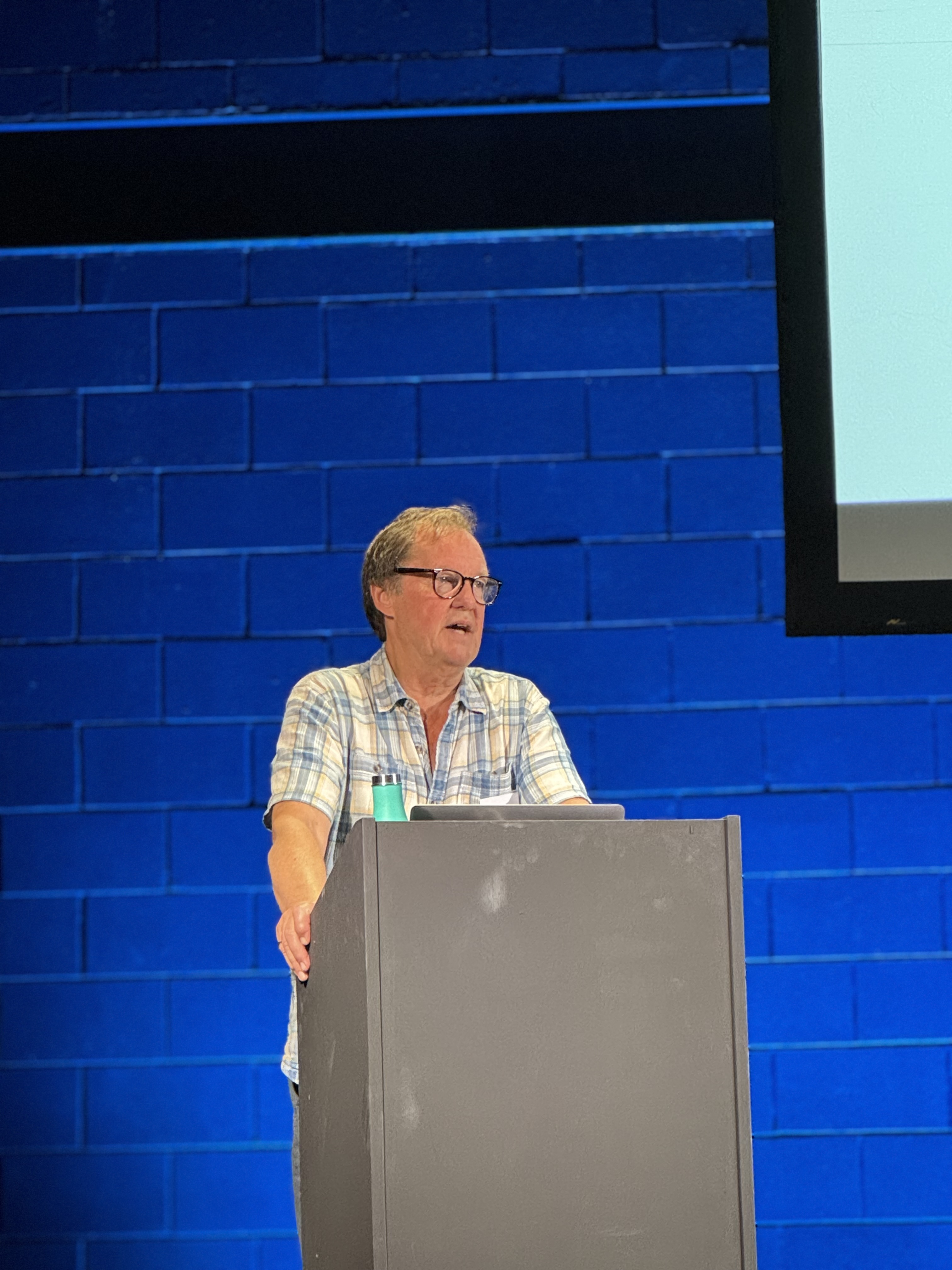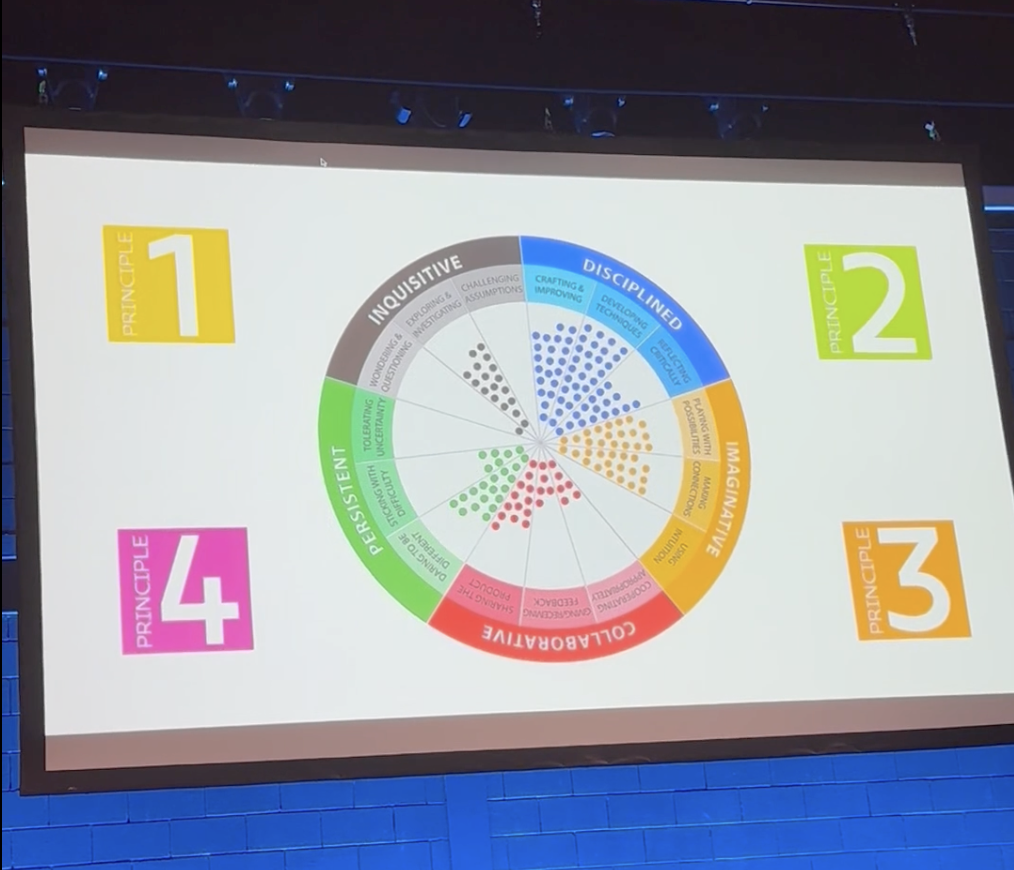How Coram Shakespeare Schools Foundation unites mainstream and special schools
How many uses can you think of for a paperclip?
This was Bill Lucas’ question to a room full of educators at Playful Spaces, a one-day professional development event run by Coram Shakespeare Schools Foundation for anyone and everyone passionate about reshaping the role of creativity in the classroom. In the time allotted, most of our audience tapped out at around ten, which is broadly in line with expectations for an adult. This famous 1968 study of divergent thinking shows, however, that a 5-year-old child in that room would have beaten all of us. Children are naturally, instinctively creative thinkers – but that changes when they enter the school system. Whilst the UK has climbed the PISA rankings in Maths and Science, we lag behind here.

Bill Lucas is a professor at the University of Winchester and a global thought leader in the field of creativity. An author of multiple books about creativity in education, Lucas also co-authored the first report of the Durham Commission on Creativity in Education and sits on the advisory panel of the Rethinking Assessment organisation.
He joined the Playful Spaces line-up as our first speaker of the day to talk about what can be done in the current education system to tap into children’s natural creativity and give it the space it needs to thrive. For Lucas, the current attendance crisis in schools is about more than physical presence in a school building; rather, ‘students are playing truant throughout the day.’ They might be sitting in a classroom, but they’re not engaged. They’re not playing. And they’re not learning.
Educators and institutions up and down the country are doing brilliant work to fight back. At Thomas Tallis School in south-east London, five ‘Tallis Habits’ structure their approach to creative thinking. Pupils are encouraged to be inquisitive, collaborative, persistent, disciplined and imaginative; these qualities underpin not only young people’s approach to learning, but their teachers’ approach to pedagogy, which then informs the culture and values of the school.

Bolton School runs celebrations of creative thinking and culture festivals where young people can come together to showcase cross-curricular interdisciplinary projects. Under the leadership of their Director of Creative Learning, this pedagogy has been established across all branches of the school.
Meanwhile at West Rise School in Eastbourne, learning has been taken outdoors into the natural environment. Forest School is embedded in the curriculum, and students have the chance to experience the outdoors through play, and to take part in activities like fire-lighting, foraging and using tools. The school, which was awarded TES School of the Year in 2015, leases around 100 acres of marshland from the local authority, on which water buffalo, alpacas, chickens and ducks – as well as children – can roam.
Children excel, says Lucas, at finding ‘the holes in the hedges’ - the unexpected routes, the untrodden pathways, the hidden connections. It’s our job as educators to let them – to give them the structure and the tools to go out into the world and explore it.
Bethany Appleton - Schools Manager

